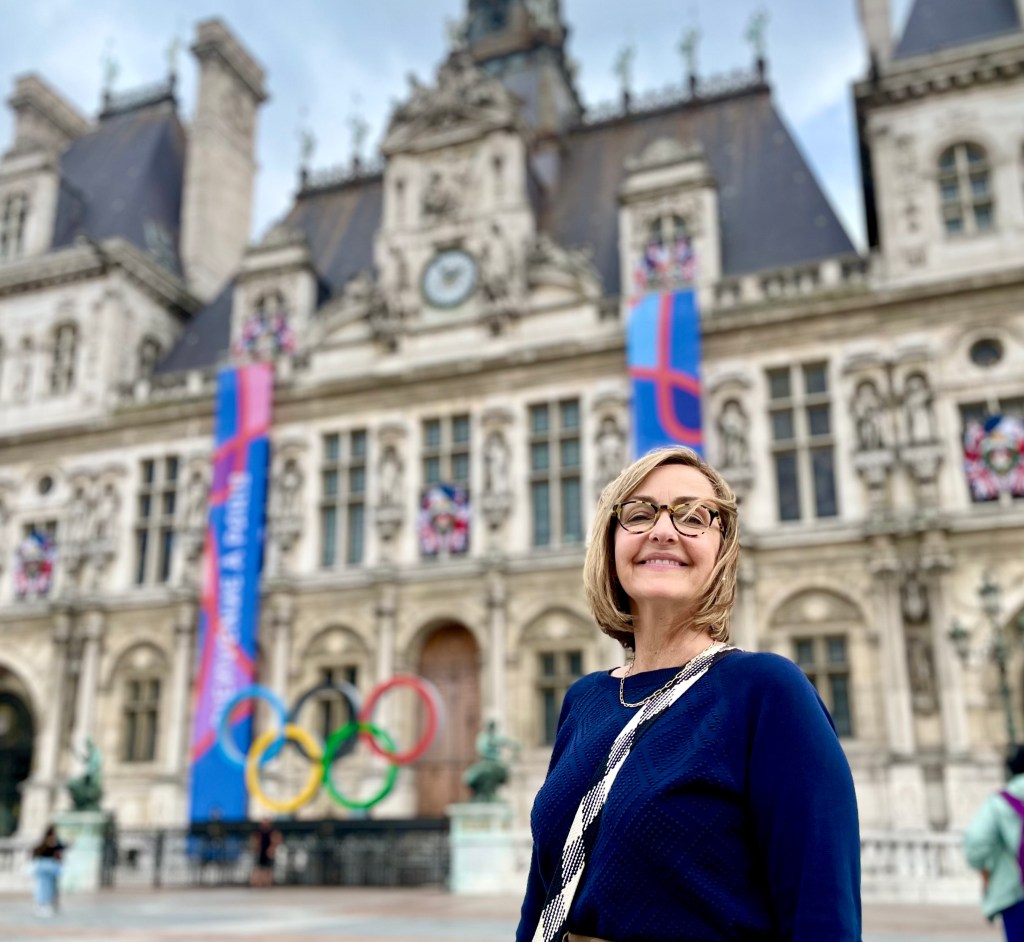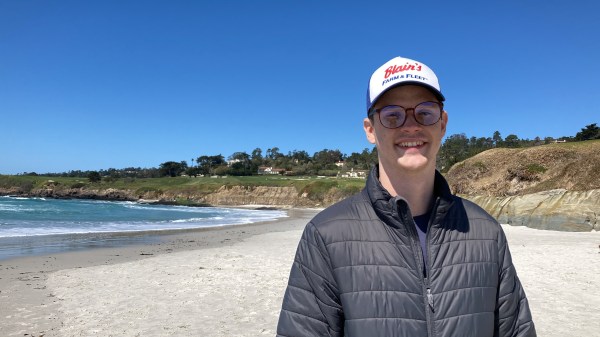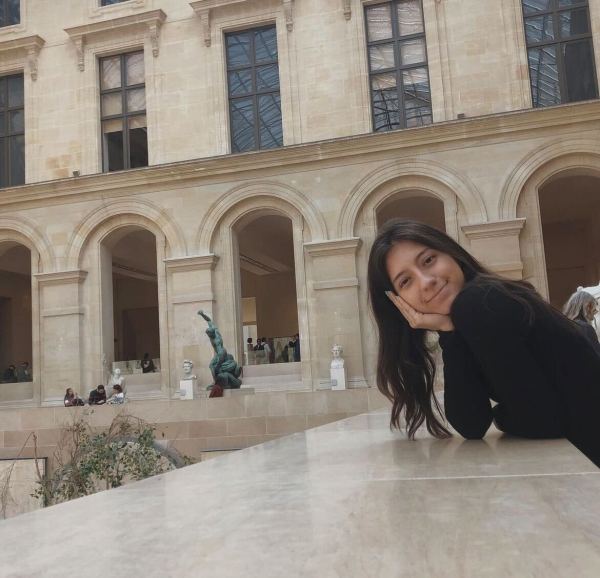Thank you to all the Dispatch readers who took the time to submit questions earlier this month. As a new editor here, it’s gratifying to see the level of engagement our members seek—even with staffers like me who toil behind the scenes to produce the work we find so rewarding.
I’ll start off by answering some questions from members about one of my favorite topics: food in my hometown. With its amalgam of Texan, Tex-Mex, German, and regional Mexican cuisine, San Antonio is one of two U.S. cities designated as a UNESCO Creative City of Gastronomy.
On Tacos and Tex-Mex
In response to Joe.Vogelsang1’s question about the true taco capital of Texas, I can answer emphatically that it is, of course, San Antonio (sorry, Austin). Some in the state capital have tried to claim that title—even taking credit for inventing the breakfast taco, which originated in Mexico—but on the basis of both authenticity and sheer variety the Alamo City rules. You’ll find traditional and inventive offerings anywhere from trucks and stands with only a handful of tables to sit-down restaurants and drive-thrus.
Some of my favorites are beef Mexican street tacos and brisket tacos, but a simple refried bean-and-cheese taco on a flour tortilla represents true comfort food at any time of the day. Reader Parker.Neathery asked about my go-to breakfast taco order, which is chorizo and egg. I’ve sampled them at restaurants all over the city, but a place in my neighborhood called Naco Grayson, which makes its own chorizo, has the best I’ve tasted.
One example of San Antonio’s seemingly infinite galaxy of taco offerings is a particular favorite for lunch: the Lupe taco at a wonderful spot called Con Huevos (as the name suggests, it specializes in breakfast tacos). The Lupe is a vegetarian taco featuring chunks of calabaza squash, black beans, corn, a serrano salsa, and queso fresco, all wrapped in a spinach, nopal (cactus), and corn tortilla. The heat will bring tears to your eyes, but it is a heavenly bite.
Reader General Darden asked my thoughts on the best fast casual Tex-Mex place, and the one I like is Las Palapas, a local fixture that has plans to expand into the Dallas area and elsewhere in Texas. Their crispy chicken tacos are terrific, and they serve good enchiladas.
And Paul Hoppenjans pointed me to this edition of Capitolism from 2020, inquiring about whether I concurred with Scott Lincicome’s views on nachos. Answer: I’m not a big nacho eater, but Scott is entirely correct in his assessment of what nachos are and aren’t.
On the Olympics
Several readers had questions about my time covering the Olympics and my thoughts on the upcoming Paris games. Readers John D. and Bruce F Howard asked about my favorite moments, and there are probably too many to recount here, but the first Games I covered stand out. As a very young reporter, I got the chance to join the Associated Press’ staff covering the 1988 Olympics in Seoul, South Korea. With South Korea having transitioned into a civilian-led democratic government just the previous year, hosting the Olympics served as something of a coming-out party for the nation, and it was clear most South Koreans had had little contact with Westerners. I lost track of the number of times locals would approach me and make it clear they wanted to take a photo with me, a random American walking to or from an Olympic venue. These brief and friendly interactions left me with a new appreciation for America’s place in the world and a lasting fondness for the people of South Korea.
Another notable memory from the Olympics is from covering the track and field events at the 1992 Games in Barcelona. Assigned as a feature writer, I was at the stadium almost every day of the competition and got to witness some amazing moments: distance runner Elana Meyer winning a silver medal for South Africa, which had just been admitted back into the Olympic fold after nearly 30 years following the dismantling of apartheid; British sprinter Derek Redmond’s injury during a semifinal and what happened next; and an electrifying men’s 4 x 100-meter relay anchored by Carl Lewis to set a world record that stood for 16 years.
Being a working journalist at the Olympics involves three-plus weeks of long hours, racing to meet deadlines in U.S. time zones (particularly challenging in Asia), and spending a lot of time being bussed from press centers to venues. Working as an editor rather than a reporter at the 1998 Olympics in Nagano, Japan, I seldom left the press center except to return to my lodgings at night.
As for this summer’s Games, I will be merely a spectator, but watching with particular interest how the French execute the challenges of staging the games. France hasn’t hosted since the 1992 Winter Games in Albertville, which to my eyes were organized in keeping with the Gallic shrug: impermanent and undistinguished venues, traffic tie-ups, and scant merchandise offerings (at least in the town of Albertville itself, where I was covering figure skating). During a visit to Paris in September, I saw signs of a vastly different approach, with preparations well underway to showcase the games in stunning surroundings (beach volleyball on the Champs de Mars! archery at Les Invalides!), and high-quality merchandise was already on sale. I’m eager to see whether organizers can pull off plans to hold open-water swimming events on the Seine, which has been closed to swimming since the 1920s. Major efforts have been made in recent years toward improving the river’s water quality, and indeed the river at least looked more inviting last fall than it did in a previous visit in 2019. Whether those efforts will be deemed sufficient by this summer remains an open question.
Unfortunately, the Olympics are getting more and more difficult to stage (and cities are more reluctant to take on hosting them) chiefly because of security concerns and cost—but also because of program bloat, something reader Jeffbrady1985 alluded to when he asked about “poser” Olympic events. The 1992 Games had 25 sports; Paris will feature 32, including a couple of new sports that definitely fall in the “poser” category: surfing and breakdancing. I’d include skateboarding, added in 2020, on that list. These are events decided by judges rather than objective measures, and although there’s a long tradition of judged events in the Olympics, the process is always subject to controversy, so why introduce more such events? Not to mention that the surfing competition will be staged in Tahiti, more than 15,000 miles from Paris.
On Crime Novels
Several readers, including Richard Kennedy, asked about my love of crime fiction, which is admittedly a broad literary category. From getting hooked in my youth on Arthur Conan Doyle, Wilkie Collins, and Agatha Christie, I’ve settled into the subgenre known as police procedurals. I prefer those rather than books with the criminals themselves as the book’s center, probably out of a desire to see justice served in the end, although much of the best contemporary crime fiction often turns on the actions of corrupt cops or wrongdoers who evade prosecution.
As prompted, W.J. Walsh asked about my favorite crime novelists, and I have quite a few. My favorite crime writers are those whose books convey a sense of place. To me, that’s almost as important as character and plotting. For that reason—and because they also do character and plotting exceedingly well—Ian Rankin and Michael Connelly are at the top of my list. Having gotten sucked into another crime fiction subgenre, Tartan Noir, in recent years, I’m also a fan of Denise Mina and Val McDermid. For anyone who’s into that genre of gritty crime fiction set in Scotland, I’d recommend checking out the work of Stuart MacBride, whose novels are grim and somewhat absurdist. His latest, The Dead of Winter, features one of the more impressive plot twists I’ve come across recently.
Ben Connelly asked what I thought of Dashiell Hammett, and Marnie62 mentioned Mick Herron. Hammett paved the way for much of the crime fiction we read today, and if you haven’t read his short stories, they are worth your time. I’m slowly working my way through Herron’s Slough House series and finding they are even better than the well-done TV series.
Finally, Tom Johnson asked whether I’d read what he described as a historical crime novel by Ariel Lawhon called The Frozen River. I haven’t, but it sounds like a good one, so thanks for the tip!
On Working at The Dispatch
J. Eric asked a perfectly logical question: What does a deputy managing editor do? My answer is that I’m still finding out! More to the point, though, my job—like others on our editing team—is to help our writers’ work shine by asking questions we think a reader might ask, ensuring that complicated issues are explained, and finally presenting that work on the site. At a more mundane level, that involves poring over stories, crafting headlines, selecting photos, and building the stories in our content management system.
Jeffbrady1985 asked what values drive my editorial perspective, and I can respond to that by saying the most important personal value I bring to journalism is respect for the reader. The reader is owed a fair presentation of what’s going on in our nation and world, in language that is clear and free of arcane references and jargon. He or she also deserves information that is factual and comes from credible sources. I think The Dispatch does that exceptionally well, which is one of the reasons I wanted to be part of the company.
That leads me to Will I Am’s question about what readers of The Dispatch and readers of the previous publication where I worked—the San Antonio Report, a local news nonprofit—have in common. The readers of both publications are highly engaged with what’s going on around them, value news and analysis, and don’t just skim the stories on the site. Data analytics measuring the time readers spend with a story are exponentially higher at The Dispatch than the industry average, and it was the same case at the San Antonio Report.
On Texas
I’ll finish by responding to Mike Kupfer’s question about why I moved back to Texas. He’s right that the age of my children factored into the decision: My oldest was about to start high school, played in the concert band, and wanted to participate in marching band. We were living in a part of North Carolina where the schools didn’t field marching bands, and in doing some research, I was surprised to learn that one of the nation’s hotbeds for the activity was Texas, and two of the nationally prominent high school marching bands happened to be in my hometown of San Antonio. Well, that was all it took, but we did not know we were getting ourselves into one of the most intense, pressure-packed extracurriculars a kid could pursue, one involving hours upon hours of learning complicated drills on parking lot asphalt in 100-degree August weather. And here’s a fun fact: More than 1 million U.S. high school students participate in band and more than 50 percent of them are in Texas.
In short, experiencing six years of Friday night lights with one child performing in the band and the other leading the drill team was peak Texas, even in the heat that persists into late September.
Now for a plot twist: I am leaving my home state next month to return to the East Coast and the D.C. area, since I’m now an empty-nester and would rather work in person with some of my colleagues than be remote. I will, of course, return on a fairly regular basis to visit family and get my fix of Tex-Mex cuisine.









Please note that we at The Dispatch hold ourselves, our work, and our commenters to a higher standard than other places on the internet. We welcome comments that foster genuine debate or discussion—including comments critical of us or our work—but responses that include ad hominem attacks on fellow Dispatch members or are intended to stoke fear and anger may be moderated.